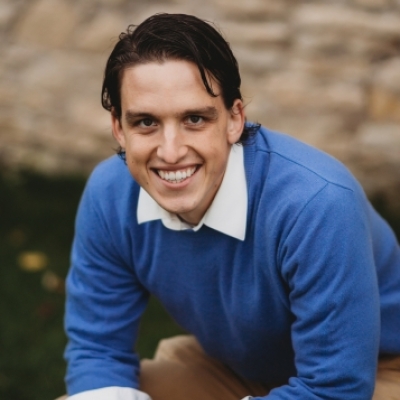In the past decade, the role of the teacher in schools has slowly shifted from pedagogue to therapist. Perhaps the most glaring example of this shift is the practice called “circle conversations.” These circles are cousins of the non-punitive approach to discipline called restorative justice, and are intended to be community-building prophylactics.
While the ritual—I mean classroom practice—can vary from school to school, it has a few common characteristics: students sit in a circle, pass around a talking piece, and discuss open-ended questions, often deeply personal ones. The NEA wrote positively of a school that incorporates them into classrooms weekly.
Take a step back, however, and these circles closely resemble group therapy. Consider a few example questions that one author at Edutopia suggests:
- How does the state of your mental health affect you as a person?
- What do you do to relieve stress?
- Who would you like to forgive?
And now compare those to a few recommended questions at a counseling center:
- How do you think your negative thoughts influence your behavior?
- What are some things that make you feel stressed? How are you coping with these things?
- Is there anyone in your life you’re struggling to forgive? Why?
The questions grow increasingly personal with time. One guide in San Francisco encourages teachers to ask questions that are “edgy” and “controversial.” My graduate training incorporated them, during which our instructors encouraged us to share personal stories about any trauma that we’d faced. Needless to say, being compelled to disclose such intimate details of my life with complete strangers was an uncomfortable experience.
We should all want mental health care and structured, emotional support for students who need it. But deputizing teachers into a role far beyond their expertise runs into several problems that violate the American Psychological Association’s “Code of Ethics.” And it could lead to disastrous outcomes.
The code begins with the exhortation that psychologists only “provide services, teach, and conduct research...within the boundaries of their competence.” Counselors generally need at minimum a master’s degree and hundreds of hours of supervised experience before they take on individual, group, or family therapy. While teachers have more background in child psychology than the average citizen, it pales in comparison to that of a trained, licensed psychologist.
While student teaching, at the behest of my teacher prep program, I made such circle conversations a semi-regular part of the classroom. One day, a student shared in the presence of his bullies that he had considered suicide. It was a dangerously volatile scenario, one that my handful of professional development sessions did not come close to preparing me for.
Second, counselors are strongly advised against “multiple relationships,” which means being both a therapist and then something else to a patient. The San Francisco guide implicitly acknowledges the dual role implied in these circles when it reminds teachers to “switch roles” when class progresses. However, one cannot simply undo the power imbalance and intimacy that comes with a therapeutic relationship.
Finally, and perhaps most importantly, psychologists must acquire “informed consent” from any patient before administering services. Be it medicine or therapy, a patient must understand what services they are to receive and to what end. Yet the guidance from San Francisco encourages teachers to allow students “little or no passing” in response to prompts. In other words, participation is mandatory.
Much of these practices amount to psychological dabbling, to which neither parents nor students consent. In the guidance from San Francisco, teachers are to choose “prompts that invite more intimate exposure” and “self-disclosure,” as well as “personal thoughts and feelings.” Yet in the mental health world, only in rare circumstances—when a patient shows a high risk of danger to themselves or others—can professionals foist care upon a patient without consent. Why should our students be exempt from such a right?
It’s important to note that I am not against any sort of therapy in a school. If a student requires mental health services and wants to receive them from a trained counselor in the building, access is imperative. Also, some highly successful charter schools use “restorative conversations” whenever a teacher disciplines a student. But this usually amounts to a quick chat between teacher and student at lunch, not a restorative circle as advocates conceive of them.
What’s not appropriate—indeed, what may cause great psychological harm, while crossing several ethical lines—is to ask teachers to lead group therapy sessions with their students. It’s a terrible, patently unethical idea that should be abandoned, the sooner the better.


